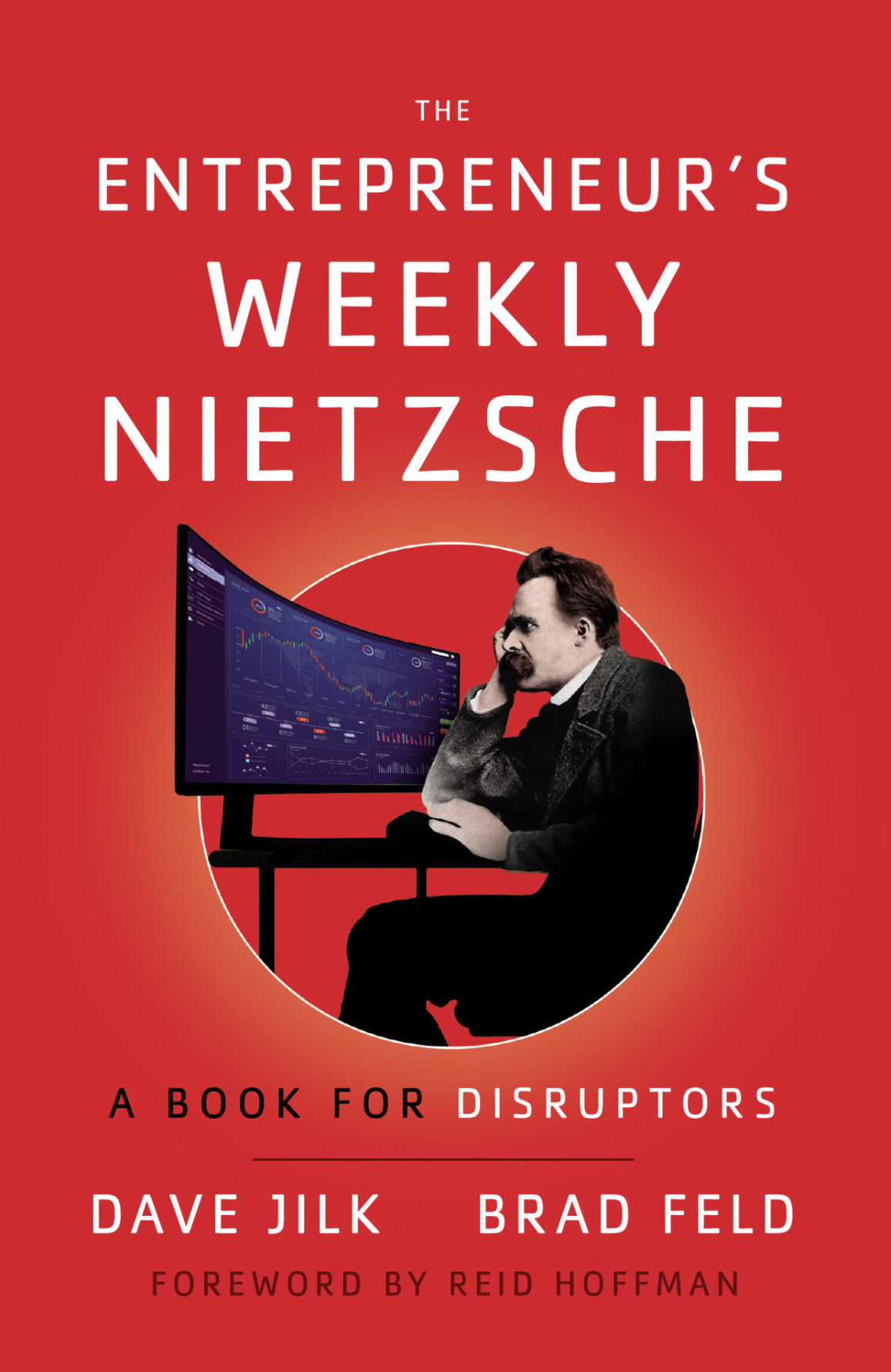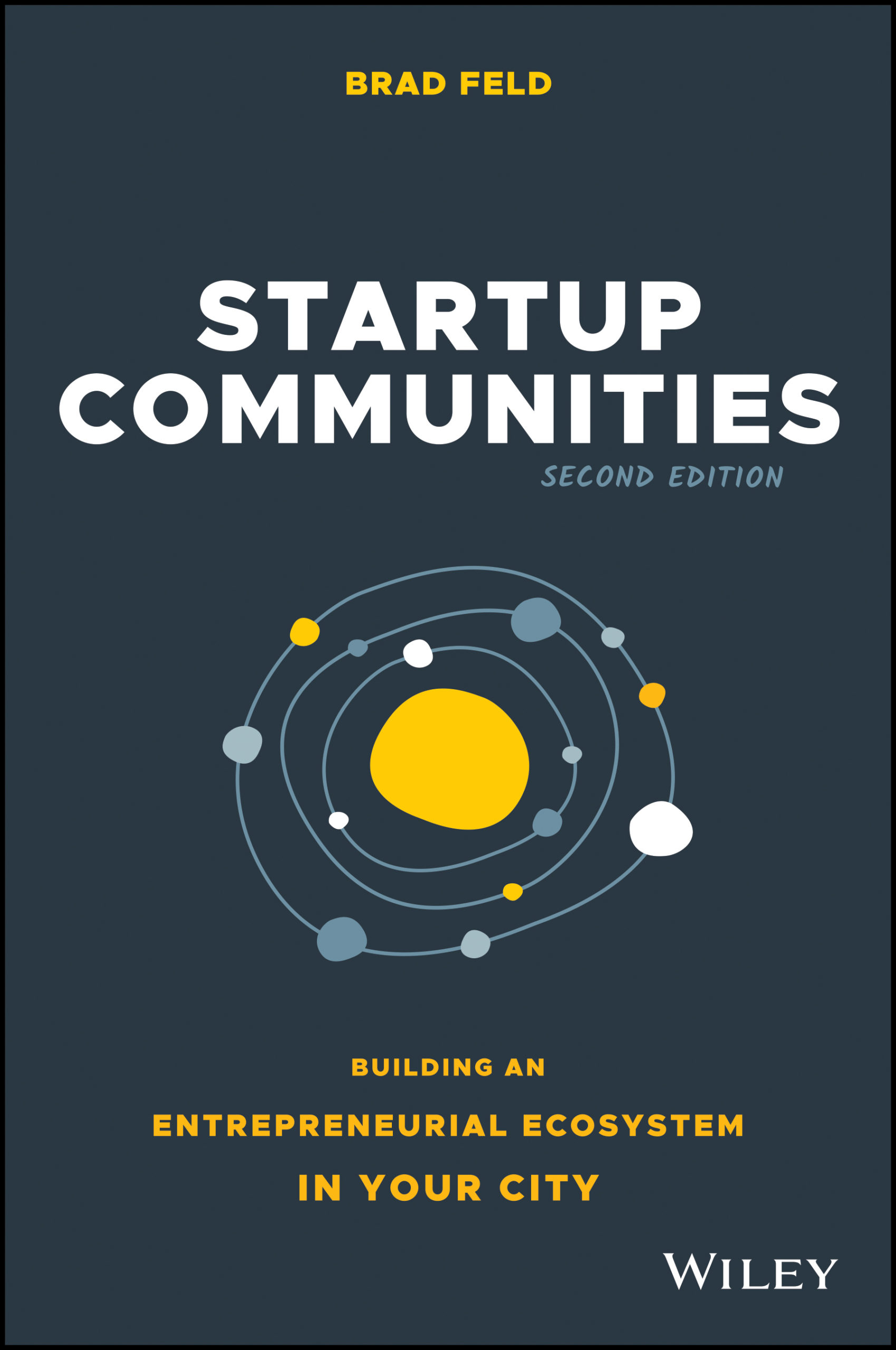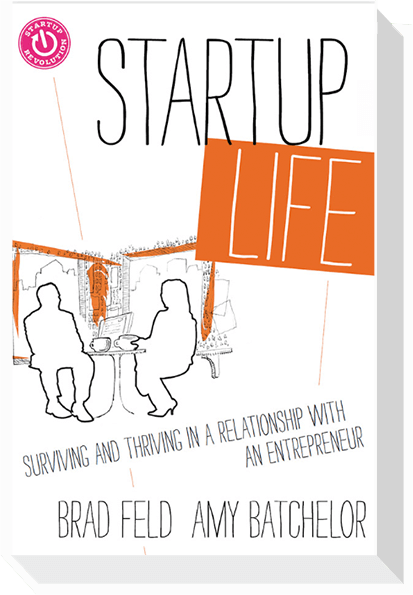Princeton, NJ: The Tigers of Entrepreneurship
 Muneeb Ali, a CS PhD student at Princeton, and I went back and forth on email recently about personal productivity. We eventually started talking about startup communities and he mentioned he’s a member of the Princeton Entrepreneurship Club. I asked if he’s put together a short overview of what’s going on at Princeton around startups these days – it follows.
Muneeb Ali, a CS PhD student at Princeton, and I went back and forth on email recently about personal productivity. We eventually started talking about startup communities and he mentioned he’s a member of the Princeton Entrepreneurship Club. I asked if he’s put together a short overview of what’s going on at Princeton around startups these days – it follows.
If you catch the 09:01am train from Penn Station New York, you can reach Princeton in 68 minutes. More and more people involved in the thriving startup ecosystem of NYC have started making that trip. Once you reach Princeton, amongst the gothic architecture you’ll not only hear a chatter about liberal arts and politics, but will find a strong computer science, mathematics, and engineering culture as well. Most of this engineering talent used to go to Wall St or big tech companies like Google or Microsoft after graduation. However, recently there is an increased interest in starting or joining startups. Princeton doesn’t have a business school and entrepreneurship is viewed more as a way of contributing to economic growth and for taking a leadership role in society rather than a way of making money. In this post, we’re going to talk about what the startup ecosystem currently looks like in the small university town of Princeton, and what direction is it taking.
Small college towns are an interesting data point in startup communities. Young, motivated students bring a lot of energy to the community, experienced faculty members are there to provide mentorship, and potential cofounders can be found in random hallways in college dorms. Princeton is no different, only that it’s easier for students here to believe that they can change the world as they get easy access to people who, well, have changed the world. The startup ecosystem at Princeton can be divided into a) undergrad education and initiatives, b) faculty research and graduate students, and c) the community around Princeton town. Out of the three, the undergrads are the most enthusiastic so we’ll cover them first.
Interest in entrepreneurship and engineering is increasing every year amongst undergrads as indicated by the increasing sizes of computer science classes every year in general (in some courses by 3x!) and by the inreasing interest in entrepreneurship courses in particular. At Princeton, most university initiatives to promote entrepreneurship are managed by the Keller Center. These activities range from offering courses like High-Tech Entrepreneurship by Ed Zschau (the course that Tim Ferriss took and famously talks about in 4-Hour Work Week), to offering internship programs and organizing talks. Apart from university initiatives student-run grass root initiatives are also very popular on campus. Be it a 60 seconds pitch competition like Princeton Pitch or taking students on TigerTreks for visiting startups and entrepreneurs, you can trust the Princeton Eclub for making it happen. The Eclub is almost entirely run by undergrads and graduate students are largely absent from the scene (which is why we’ll cover them with faculty and research). The two most visible events organized by the Eclub are the TigerLaunch competition (similar to MIT 100K, but smaller) and the recent East Coast Startup Summit. It’s interesting to see that some past winners of the TigerLaunch competition, like Artsy and Memrise, took their winning ideas and transformed them into venture-backed startups. Now such companies serve as role models for the next batch of young Princeton entrepreneurs.
Interest in entrepreneurship is not just limited to undergrads, but the faculty and grad students also commercialize their research every now and then. Some recent examples are Data Domain (cloud backups company by Prof. Kai Li and acquired by EMC for $2.1 billion dollars), and CoBlitz (content delivery service by Prof. Vivek Pai and others and acquired by Verivue). Also, sometimes PhD research of grad students also gets commercialized by them as in the case of Ge Wang with Smule. University channels and policies for commercializing research seem to work, but much like any regulatory body there is obviously need for improvement as pointed out by some students.
The community around Princeton town is small, but the beautiful scenery, easy access to university resources, and small commute from NYC is attracting a few startups to be based out of Princeton e.g., Princeton Power Systems. A recent great development is a startup incubator, called TigerLabs, that will be accepting its first batch this summer. Princeton alumni are also fairly active in promoting entrepreneurship and hold an annual conference with the alumni homecoming. There are also local initiatives like the Tigers Meetup in NYC that are beginning to promote entrepreneurship in different cities. At this point these efforts may seem small and it might be hard to see Princeton as the Palo Alto of the Greater New York startup scene, but that might slowly change in the coming years.








